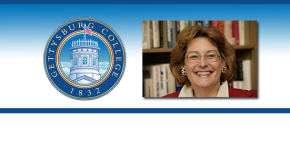Category: Political Science
-
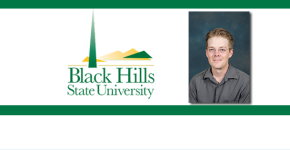
Adam Gaffey, Black Hills State University – Campaign Rhetoric
Is anybody listening to those campaign speeches? Adam Gaffey is. A linguist and philosopher at South Dakota’s Black Hills State University, Dr. Gaffey is analyzing the language used in campaign speeches. Adam J. Gaffey is an Assistant Professor of Rhetoric and Philosophy at Black Hills State University in Spearfish, South Dakota. He holds a Ph.D.…
-
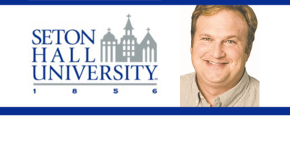
Robert Pallitto, Seton Hall University – 800th Anniversary of the Magna Carta
Today, we celebrate the 800th birthday of the signing of the Magna Carta. Today on The Academic Minute, Robert Pallitto, a political scientist at Seton Hall University, helps us celebrate the famed document’s legacy. Robert Pallitto is a political science professor at Seton Hall University and a former public interest lawyer. He received his B.A.…
-
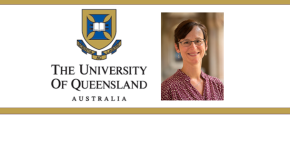
Katharine Gelber, University of Queensland – 9/11 and Free Speech
The events of 9/11/2001 have had profound effects on our society. Katharine Gelber, professor of politics and public policy at the University of Queensland, profiles free speech in the years following the terrorist attack. Katharine Gelber is Professor of Politics and Public Policy, and an Australian Research Council Future Fellow, at the University of Queensland.…
-

Kristen Ghodsee, Bowdoin College – The Left Side of History
The term “communist” certainly has an associated stigma, especially in the United States. Kristen Ghodsee, a professor at Bowdoin College, presents a historical account meant to counteract that negative association. Kristen R. Ghodsee is a professor of gender and women’s studies at Bowdoin College. She is the author of five books, including: The Red Riviera:…
-
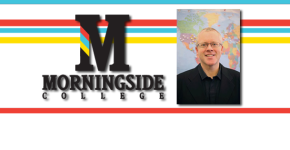
Geoff Harkness, Morningside College – Autonomy of the Athletic Field
Playing fields aren’t just for sports. Geoff Harkness, a sociologist at Morningside College, discusses his research interviewing athletes in the Middle East. Geoff Harkness is a sociologist interested in culture, stratification, and qualitative methods. His research focuses on interactive micro practices of youth cultures and the role of stratification in shaping culture and identity. His…
-
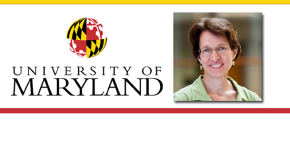
Nancy Gallagher, University of Maryland – Public Perception of Iran Nuclear Deal
The recent nuclear deal reached by the US, its allies and Iran has incredible, world-wide implications. Nancy Gallagher, the associate director for research at The University of Maryland, offers an analysis of the public perception of this deal. Nancy Gallagher is the Associate Director for Research at the Center for International and Security Studies at…
-
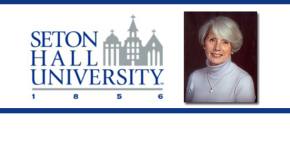
Jo-Renee Formicola, Seton Hall – Church/State Issues
Discussions about the separation of church and state present a series of complicated issues. Jo-Renee Formicola, a political scientist at Seton Hall University, is researching this relationship in the wake of the Catholic sex-abuse scandals. Jo Renee Formicola, Ph.D. is Professor of Political Science at Seton Hall University in South Orange, New Jersey. She teaches…
-
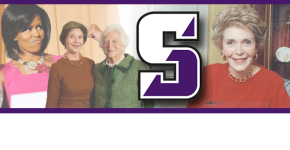
Jean Wahl Harris, University of Scranton – Duties of the First Lady
What exactly does the job description of First Lady of the United States consist of? We’re not sure and throughout history, it seems like the position has taken on a variety of unspoken duties. Jean Harris, a political scientist at the University of Scranton, takes a deep look at what is expected of First Ladies.…
-
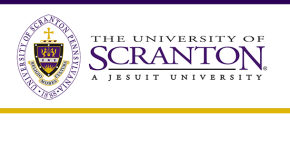
Mike Allison, University of Scranton – Revolutionary Governments
When a revolution occurs and the acting government of a nation is overthrown, what happens next? University of Scranton political scientist Mike Allison is studying the aftereffects of revolution and focusing his research on the effectiveness of newly instated governments. Dr. Mike Allison is a professor in the department of political science at The University…

